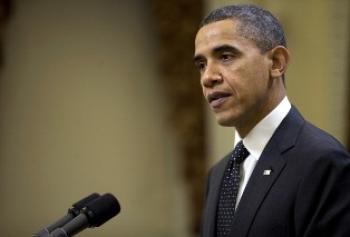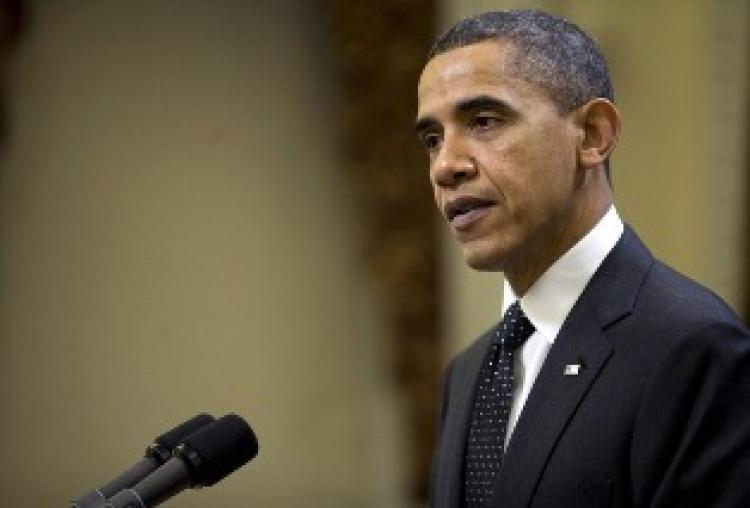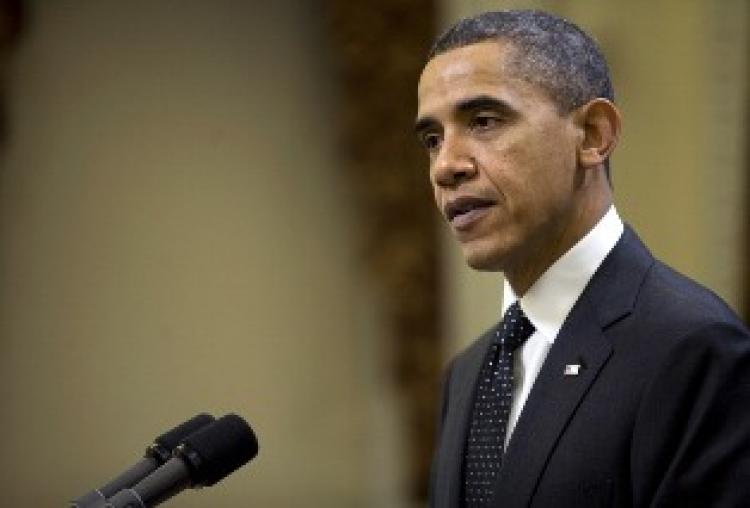As the year 2010 comes to an end, executive compensation is still on the minds of corporate shareholders, the media, and the public.
While the economy at large is still struggling to recover, and the unemployment rate hovers just below the 10 percent mark, many corporations have resumed their payment packages to pre-financial-crisis levels.
Yet, if asked to vote for or against, many shareholders vote for retaining the executive-compensation structure as presented, according to experts on the subject of pay compensation.
Almost 50 percent of the 250 respondents from large and mid-size companies increased executive compensation, while 16 percent claimed that they would reduce such pay for their executives, and the remainder would not revisit the subject.
Executives received an average pay hike of 5.9 percent in 2010, according to a Compdata survey in November.
The public may not be aware of the differences in executive salaries, which depend greatly on the industry and the company size. In the banking industry, a CEO earns an average of $364,000, while a CEO in the hospitality industry draws a $444,000 salary.
“Companies realize that competitively compensating their top employees positions them for a stronger comeback when the economy rebounds,” said Amy Kaminski, director at Compdata Surveys, in a November statement.
In its “Survey of CEO Compensation,” The Wall Street Journal reviewed more than 450 proxy statements, filed between October 2009 and September 2010, for companies with sales revenue of $4 billion or more.
It should be noted that executives generally show their normal base salary, which does not include incentives, stock-option grants, performance-based equity grants, performance-based cash grants, or bonuses.
The 10th highest-paid person on the list, John H. Hammergren, chairman, president, and CEO at McKesson Corp., received an all-inclusive compensation package of $54.6 million in 2010, up from $37.2 million in 2009 and $40.8 million in 2008.
The highest all-inclusive compensation of $1.4 billion was received by John C. Malone, chairman at Liberty Media Corp.
Second on the list was Larry Ellison, CEO of Oracle Corp., who took a steep compensation cut in 2010, receiving $70.2 million in 2010 versus $84.5 million in 2009 and $84.6 million in 2008.
“An unrelenting focus on pay for performance may ironically undercut the ability of top executives to lead their companies,” University of Pennsylvania professor Michael Useem said, according to a recent Knowledge @ Wharton (KW) report. “If you want laser-like focus on management pay incentives, you may take the managers’ attention away from important long-term objectives.”
“While compensation levels fell overall, the declines were modest and the new rules resulted in a less performance-related compensation structure. ... More vigorous federal oversight of Wall Street does not appear to have changed compensation on the Street for the better,” said the Council of Institutional Investors in a recently released study.
Surprisingly, the researchers of the report suggested that not one of the U.S. banks in its study, including Bank of America, Merrill Lynch, Citigroup Inc., or JPMorgan Chase, tied compensation to long-term growth. However, all foreign-based banks, including Bank of Tokyo, Barclays Plc, and Deutsche Bank AG, included pay for performance into their compensation packages.
In fact, executive compensatory practices have become creative under the mantle of retaining the executive, even if the executive’s actions have not benefited the company.
Please Continue to next page
Executive-Compensation Legislation
“For approximately 75 years (at least), the federal government has intervened in executive pay—in both direct and indirect ways,” said the Harvard Law School Forum on Corporate Governance and Financial Regulation on the Harvard Law School website.
Direct intervention included the Nixon Administration’s enforcement of a 90-day pay freeze in 1971 and enacting regulation that only allowed limited compensatory increases. These pay controls have no effect on today’s executive pay packages.In response to the most-recent financial crisis, the U.S. government implemented the Troubled Asset Relief Program (TARP). Under this program, any entity that received assistance was restricted in handing out severance payments and bonuses to executives until this firm fulfilled all its obligations to the U.S. taxpayer.
The Harvard study suggests that TARP executive-compensation restrictions will be short-lived and expire once all payments are made to the federal government.
“Like Pay Controls (which affected most companies—not just those in one or two industries), ultimately TARP is likely to have little effect upon the pay levels of the companies now covered by it,” according to the Harvard Law School article.
On July 21, 2010, President Barack Obama signed bill H.R. 4173, the Dodd-Frank Wall Street Reform and Consumer Protection Act, into law.
The Dodd-Frank Act requires public companies to disclose compensation and requires that once every three years, shareholders are given the opportunity to vote on such packages and any other type of separate compensation, including merger and acquisition-related awards. But these votes are not binding and can be ignored by the respective board of directors.
Indirect controls, such as the SEC requiring the top five chief executives’ compensation to be reported in the annual proxy statement, has been around since 1930






